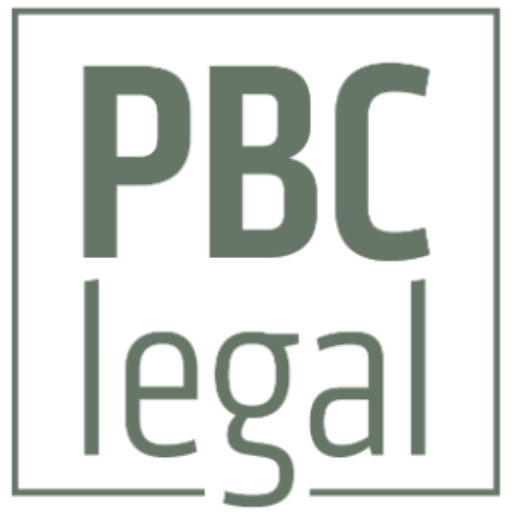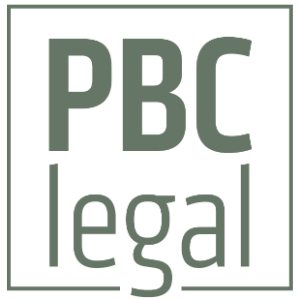Always up-to-date
News
The Whistleblower Protection Act comes into force!
After the Bundesrat approved the Whistleblower Protection Act, which was adapted in the Mediation Committee, on May 12, 2023, the long-awaited Whistleblower Protection Act has now been promulgated and will enter into force on July 02, 2023.
As planned and required by the underlying EU Directive, the version of the Whistleblower Protection Act now promulgated provides for the establishment of internal and external hotlines and the protection of whistleblowers.
Companies with at least 50 employees are obliged to set up and operate internal reporting offices. For companies with 50 to 249 employees, there is an exception in that the obligation to set up an internal reporting office does not apply until December 17, 2023. However, this transitional provision only relates to the establishment of the internal reporting office. The possibility of external reporting and the protection of the whistleblower also apply in smaller companies as soon as the Whistleblower Protection Act comes into force.
The new Whistleblower Protection Act is intended to enable reports of violations punishable by law, violations punishable by fine, insofar as the violated regulation serves to protect life, limb, health or the rights of employees or their representative bodies, as well as violations of certain federal, state and EU legal provisions, to be submitted to the internal and external reporting offices set up for this purpose. In principle, whistleblowers are free to choose whether to contact an internal or external reporting office. The Whistleblower Protection Act merely stipulates that whistleblowers should give preference to reporting to an internal reporting office in cases where effective internal action can be taken against the violation and they do not fear reprisals.
With regard to the procedure for internal reports and the handling of internal reports, the Whistleblower Protection Act stipulates that reports should be possible both verbally and in text form. There is no obligation on the part of the company to design the reporting channels in such a way that anonymous reports are possible. However, if anonymous reports are received, they should be processed. In addition, the Whistleblower Protection Act stipulates that certain deadlines must be met. For example, the whistleblower must receive an acknowledgement of receipt within seven days of receipt of the report. In addition, feedback on the follow-up measures taken or planned and the reasons for this must be provided within three months of confirmation of receipt of the report. The company also has documentation obligations.
If companies fail to comply with their obligation to set up reporting channels, they may face a fine of up to €20,000 under the provisions of the Whistleblower Protection Act.
PBC legal takeaway: The new Whistleblower Protection Act affects both the labor law level and the compliance level of companies. There is therefore an urgent need for action for large companies that have not yet set up an internal reporting office, as these will be subject to the obligation to set up internal reporting offices from July 2, 2023. Smaller companies will therefore benefit from the transitional arrangement until December 17, 2023. However, in order to motivate employees to report internally, it is recommended that smaller companies also set up internal reporting points promptly.
In particular, to avoid unwanted, external reporting of possible wrongdoing, companies should implement a well-functioning, trust-based internal reporting system and create an incentive to give priority to internal reporting.
We will be happy to advise you on the implementation of the Whistleblower Protection Act and the implementation of internal reporting channels.
Author of this article and
Contact

Florian Christ
Partner
Attorney at Law | Labor Law Specialist

Dr. Philipp Bollacher
Partner
Attorney at Law | Specialist in Commercial & Corporate Law

